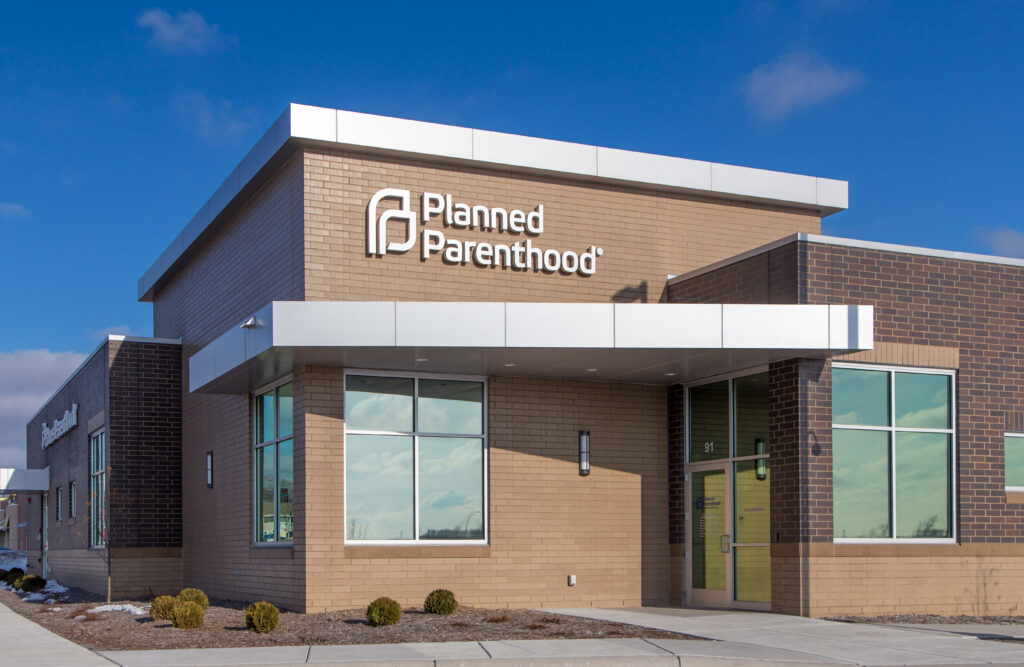Abortion Reporting: Louisiana (2017)
Louisiana was the third state to publish its abortion report for 2017. The preliminary 2017 report was released online by the Louisiana Department of Health in February 2018; however, one of the tables contained errors regarding the gestational ages of the babies killed by abortion, and the corrected report was not published until April 2018. The report shows that abortion in the state has fallen for the third year in a row.
Changes in Louisiana Abortions, 2016-2017

Abortion Totals and Trends
In 2017, there were 8,706 abortions performed in the Bayou State, down three percent from the 8,973 reported in 2016 (Fig. 1). Since 1999, Louisiana’s earliest available report, abortion in the state has fallen by 27 percent. In 2018, Americans United for Life identified Louisiana as one of the states with the strongest protections for life. Louisiana does not report the state abortion rate, but the Charlotte Lozier Institute estimates that the rate decreased from 9.54 abortions per 1,000 resident women of childbearing age in 2016 to 9.26 per 1,000 women in 2017 (Fig. 2). However, the Department of Health informed CLI that more records would likely be added to the report in the middle of the year.
State Report Summary
Consistent with other states, more than half of the women getting abortions in Louisiana were in their twenties (59 percent). Nine percent were age 19 or younger, including 27 girls under the age of 15, and 29 percent were in their thirties. Only three percent were age 40 or older. Thirty percent of women were white, and 69 percent were nonwhite – Louisiana does not report the specific races of nonwhite women. However, white women made up 60 percent of Louisiana’s population of women of childbearing age in 2016, while nonwhite women composed only 40 percent. Eighty-four percent of the women who underwent abortions were unmarried, compared to only 11 percent who were married. Demographic information was not reported for many women: race was unknown for 110 women, and marital status was unknown for 401 women.
More than two-thirds of abortions, 69 percent, occurred at eight weeks of gestation or earlier. Fourteen percent of abortions were performed between nine and 10 weeks of gestation, and a little over seven percent were performed between 11 and 12 weeks. An additional seven percent occurred between 13 and 15 weeks of gestation. There were 205 abortions reported between 16 and 19 weeks of gestation (two percent), and none reported after 19 weeks, although gestational age was not reported for 19 abortions. In Louisiana, abortion is prohibited after 20 weeks post-fertilization, approximately 22 weeks of gestation, unless the life or a major bodily function of the mother is at risk or the pregnancy is “medically futile” because the baby has a fatal anomaly.
In 2017, 36 abortions were performed because of fetal deformity, and 38 were performed because the pregnancy resulted from rape or incest. There were 61 abortions because of the mother’s mental health and 255 abortions to protect the mother’s physical health, although Louisiana’s report does not indicate whether any of the mother’s lives were in danger. The vast majority of abortions, 96 percent, were performed for other, unspecified reasons.
Pro-Life Protections
Recently, Louisiana took steps to protect unborn babies and their mothers. In 2016, the state passed several pro-life laws, including a law to protect babies with genetic abnormalities – such as Down Syndrome – from abortion after 20 weeks post-fertilization. Before 20 weeks, women must receive material informing them of resources that are available to help them and their babies. The law does not prohibit abortions when the pregnancy is “medically futile.”
Louisiana also strengthened its informed consent process by giving women more time to make their decisions, increasing the waiting period from 24 to 72 hours, and passed a law requiring abortion-providing doctors to be board-certified in obstetrics and gynecology. The informed consent and physician specialty requirements are currently undergoing litigation. Louisiana’s legislature has just passed a bill that would prohibit abortions after 15 weeks of gestation, similar to a bill 15-week ban passed in Mississippi. The governor of Louisiana indicated that he would sign the bill if it passed the legislature.
State Ranking
In 2016, the Charlotte Lozier Institute studied abortion reporting across the 50 states, New York City, and Washington, D.C., and ranked Louisiana’s reports at 10th best. Louisiana could improve its reporting by making more information publicly available: Louisiana collects, but does not report, the state of residence, level of education, and previous pregnancies of women who get abortions. The state also does not report the information on complications and contraception use that it collects. Additionally, Louisiana could improve its reporting by collecting more data on its informed consent and parental consent processes, particularly since it is now defending its informed consent law in court. The state could also be more specific in the types of abortion procedures that are used; currently, chemical abortions are not counted as a separate category. However, Louisiana has made progress in the timeliness of its reporting – after a long delay, reports for 2015 and 2016 were released simultaneously this February, and the report for 2017 was published less than a month later.


- Louisiana does not report the state abortion rate. Rates were calculated by the Charlotte Lozier Institute using population estimates from the United States Census Bureau. The rates were calculated using the following formula: (total number of abortions performed in Louisiana ÷ number of resident women ages 15-44) x 1,000. The rate for 2017 used population estimates for 2016, the most recent year available.
























